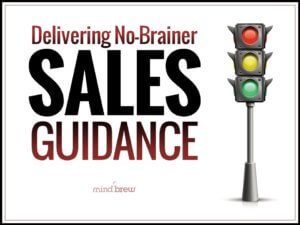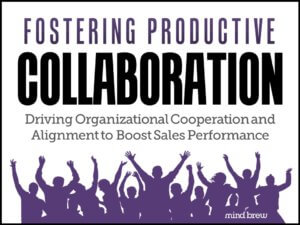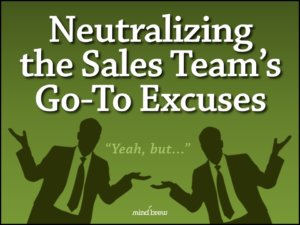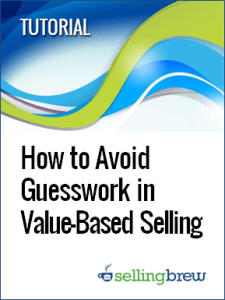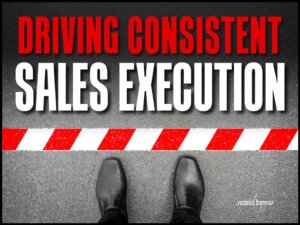In 1980, Mike Scott, who was then the CEO of Apple Computer, warned his employees that the company would not be purchasing any more typewriters and that they better start using Apple’s word processing technology. Thanks to the Internet, his memo lives on to this day, and we’ve posted it below:
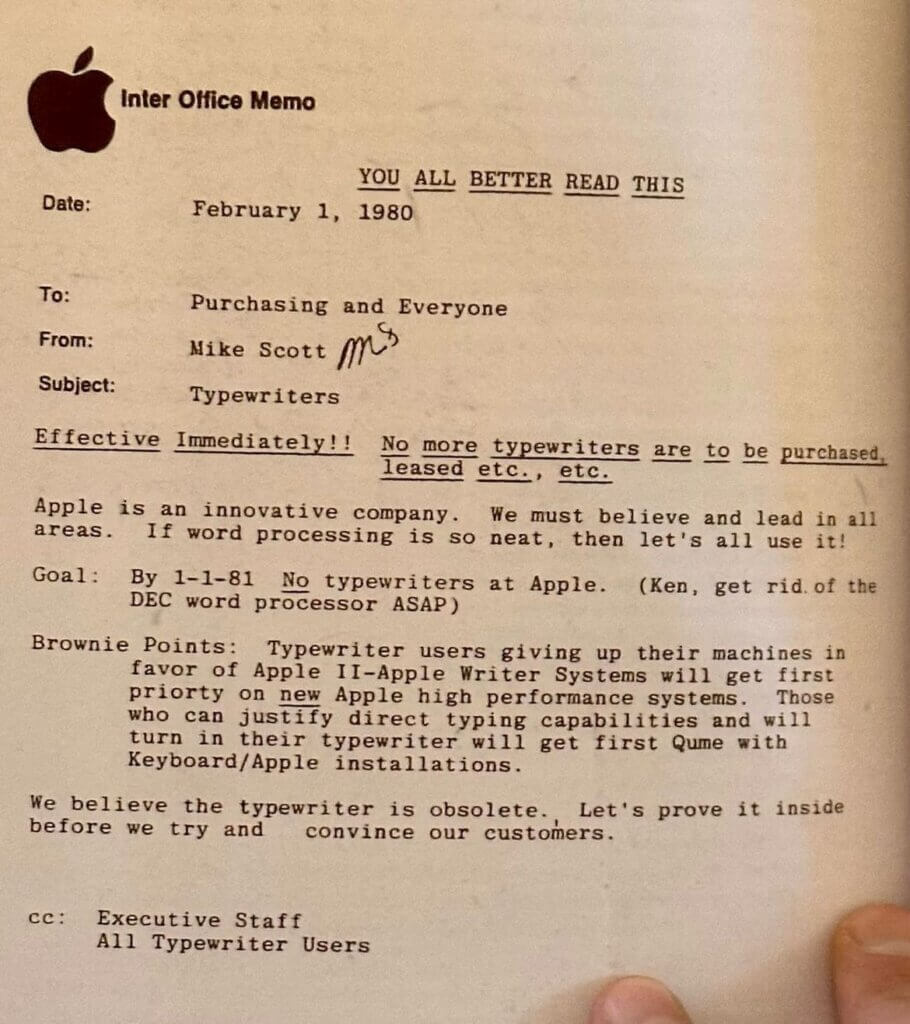
We can’t decide if the best part of this memo is the all caps warning “YOU ALL BETTER READ THIS” or the fact that the notice not to use typewriters does, in fact, seem to have been created with a typewriter.
Irony aside, this type of change seems pretty logical. After all, a tech company should be using its own products. It’s become such a common practice that “dogfooding” has entered the standard business lexicon. And this type of top-down mandate, especially when accompanied by dire warnings, seems like a pretty good way to encourage compliance.
But for sales ops teams, driving change is rarely this easy. The initiatives we are advocating for may not seem as obvious to everyone involved, and it’s highly unlikely that you have an executive mandating the change.
In short, a typewritten memo coming from the sales ops team is unlikely to have the effect that this one did. (Even if you include the “YOU ALL BETTER READ THIS” heading.) Instead, we recommend using one of the following three approaches that other sales ops teams have found successful:
- Incremental change: Large changes are intimidating. But if you break something down into smaller tasks, it will seem much more doable. And if you can adapt existing tools and processes slightly, that’s much more likely to succeed than a wholesale change that requires the team to completely alter the way they operate. We cover this idea in more depth in Delivering No-Brainer Sales Guidance and Innovating to Maximize Sales Productivity.
- Collaboration as a catalyst: When people are involved in the planning process, they are much more invested in seeing a change come about. Successful sales ops team often find ways to involve key stakeholders in the beginning stages of an initiative. This process requires close relationships with members of other teams, but it can also help strengthen bonds that already exist. For tips on putting this approach into practice, check out Fostering Productive Collaboration and Being An Internal Sales Consultant.
- Neutralizing excuses and resistance. If you have a pretty good idea that someone in another department is going to object to something you propose, head them off. Address resistance proactively by identifying likely objections and providing the response upfront (or at least having it ready). This approach also has the advantage of making your team look like you’ve fully considered all the concerns. To learn more about this tactic, see Neutralizing the Sales Team’s Go-To Excuses and Making Change Happen.
Change is hard. Even a powerful tech CEO had a hard time getting his secretary to stop using a typewriter to draft memos.
But preparing in advance with a strategy to help overcome resistance to change can go a long way in helping your proposals become reality.

